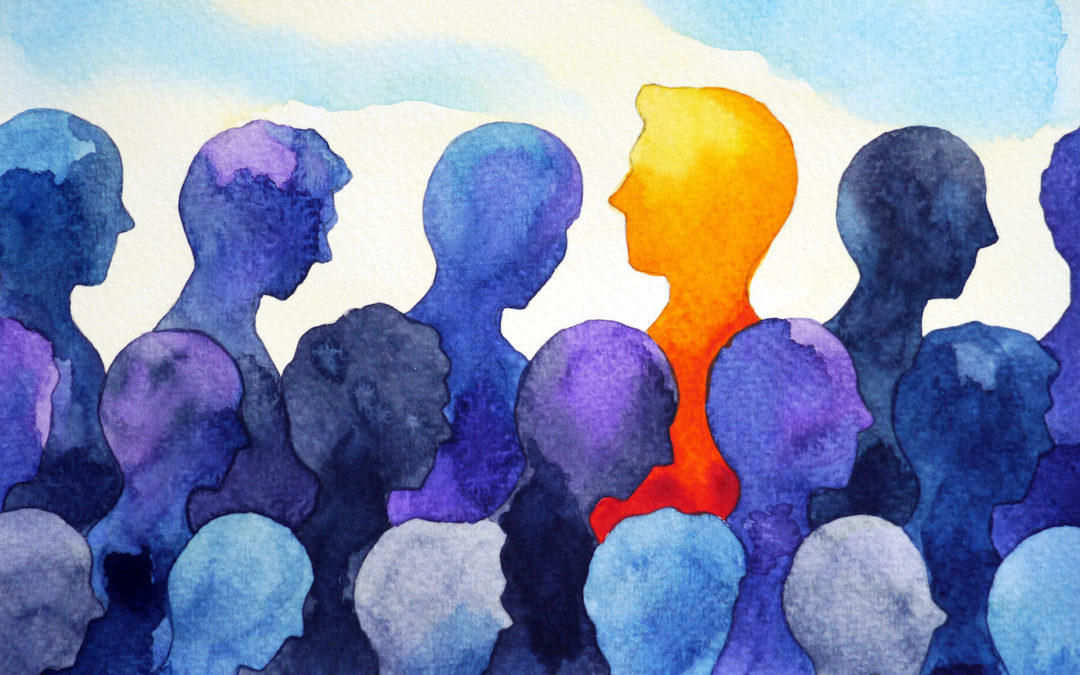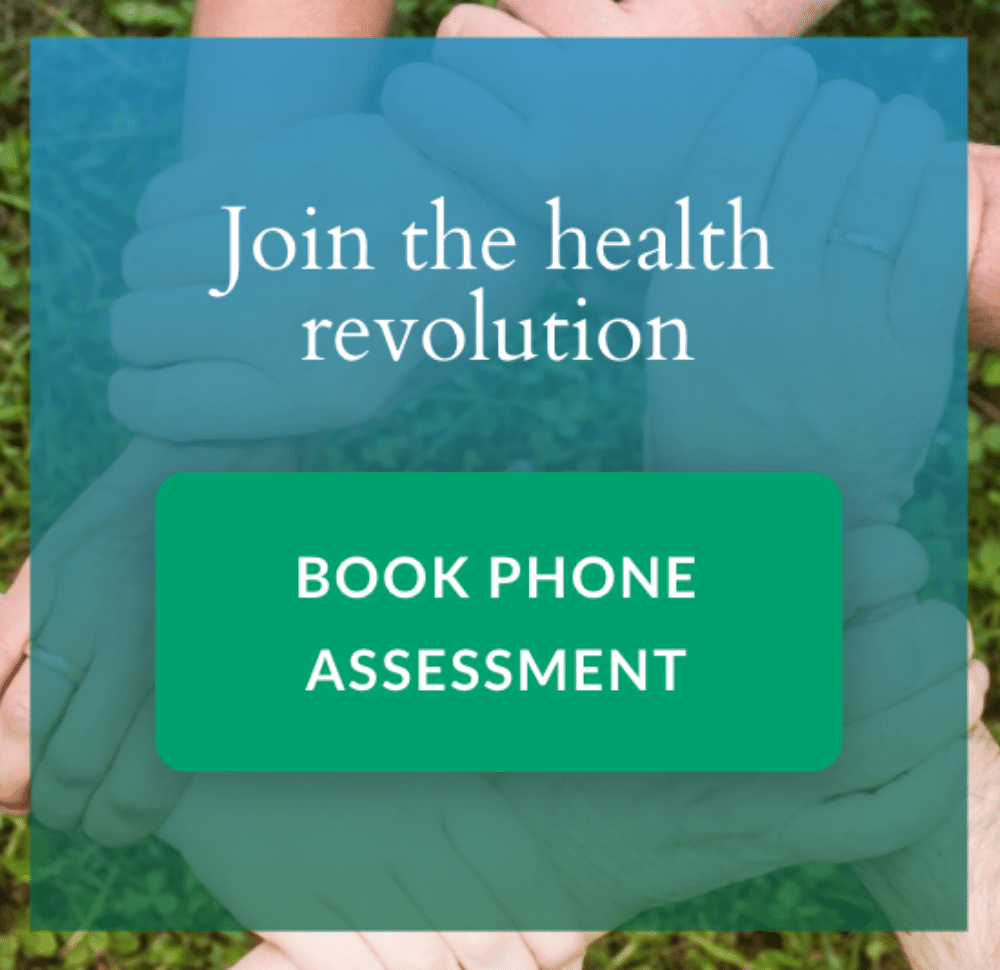Post-traumatic stress disorder, most commonly referred to as PTSD, is a mental health disorder caused by witnessing or experiencing a traumatic event.
The events that cause PTSD vary from person to person, but extreme experiences outside of the normal realm of day-to-day life can cause the onset of this condition. Witnessing an accident, surviving a natural disaster or unexpectedly losing a loved one are all examples of traumatic events which could result in the development of PTSD.
To learn how PTSD is diagnosed, what treatments are available, or how cannabis can help – read on.
Jump a section:
How PTSD is Diagnosed
To be diagnosed with PTSD, there are six criteria to be met:
- Exposure to a traumatic event that caused intense fear or horror
- A traumatic event is re-experienced through thoughts, dreams or feelings
- Individual avoids stimuli that are connected to the trauma
- Individual experiences persistent symptoms that weren’t present before the trauma (e.g. as difficulty sleeping, difficulty concentrating, irritable, etc)
- The symptoms persist for more than a month
- The symptoms cause impairment of daily activities (e.g. work and social gatherings)
Anyone can develop PTSD, and it can occur at any age. Luckily, the condition itself is treatable, and a variety of therapeutic options have been proven to be effective.
Common Treatment Options for PTSD
Not everyone who experiences a traumatic event will develop PTSD. Similarly, certain individuals with PTSD may have symptoms that naturally subside or disappear over time.
But for those who require treatment for their symptoms, there are effective options available.
Therapies, especially those based in cognitive behaviour techniques, are the most recommended treatments for PTSD. The American Psychiatry Association recommends:
- Cognitive Processing Therapy: Helping the patient confront distressing memories and emotions
- Prolonged Exposure Therapy: Repeated imagining of the trauma or repeated exposure to triggers to help gain control and overcome fear
- Group Therapy: Survivors of similar traumas can share in a comfortable and non-judgemental setting
Some individuals also turn to medication to help deal with their symptoms. Selective Serotonin Reuptake Inhibitors (SSRI’s) are a common choice because they can help address the anxiety and depression that is often comorbid with PTSD.
Unfortunately, these types of prescriptions aren’t always enough. They tend to treat specific symptoms and the benefits don’t always last. In certain cases, the more aggressive symptoms such as night terrors, persist even with medication.
Luckily, there’s emerging research that supports the benefits of treating PTSD with medical cannabis. This natural alternative is creating waves in the veteran community where the PTSD statistic is high. The results are very exciting.
How Does Cannabis Help with PTSD?
PTSD results in a myriad of symptoms including anxiety, fear, depression and sleep disturbances. Cannabinoids, the chemical compounds found in cannabis, bind with receptors in the brain to help manage these symptoms.
Cannabidiol (CBD) in particular has been shown to mimic the effects of SSRI’s by increasing signalling through serotonin receptors, thus reducing anxiety in some cases.
Another famous cannabinoid, Tetrahydrocannabinol (THC), has its share of medicinal benefits as well. Specifically when it comes to sleep, THC has been discovered to reduce REM sleep. This phase of the sleep cycle is when nightmares occur, so THC is proving to be quite an effective sleep aid for those with PTSD.
Research has also found that individuals with PTSD have lower than normal cannabinoid production, specifically in the production of anandamide. Our bodies produce these chemicals endogenously, so when too few are produced, medical cannabis can have a therapeutic effect. Through supporting their body’s endocannabinoid system through medical cannabis use, patients can address numerous symptoms that arise with PTSD.
The Future of Cannabis for PTSD
One organization has been paving the way with cannabis research and its impact on PTSD: The Multidisciplinary Association for Psychedelic Studies (MAPS) is currently working on the first ever randomized controlled trial for cannabis as a treatment for PTSD in veterans.
The U.S. Drug Enforcement Administration (DEA) has approved this exciting research, marking the first time a clinical trial involving smoked cannabis into a legal prescription drug has received full approval from regulatory agencies. With the support of both the DEA and the Food and Drug Administration (FDA), the results of this research will be groundbreaking in the medical community.
In fact, the study is funded by a 2.2 million dollar grant from the Colorado Department of Public Health and Environment (CDPHE). The aim of this project will be to gather safety and efficacy data on different potencies of smoked cannabis. The ratios of THC and CBD will be varied, to mimic the types of strains that current medical cannabis users have access to.
The results of this vital research will provide important information on the side effects, dosing and areas of benefit for treating PTSD with medical cannabis.
Cannabis for PTSD: Visit our Calgary and Edmonton Medical Cannabis Clinics
Our Calgary and Edmonton medical cannabis prescribing doctors can help prescribe a treatment plan for you if you suffer from PTSD. Our team will guide you in selecting a licensed producer as well as the registration.
Appointments for Alberta residents are free and covered by Alberta Health Services. Prior to your medical consultation with one of our licensed physicians, you will be educated on how medical cannabis works in our body and how it reacts to our endocannabinoid system.
During your education session with a Cann-Expert, you will learn:
- The main differences between an Indica, Sativa, and Hybrid strain
- Benefits of THC, CBD, and Balanced strains
- The body’s unique Endocannabinoid Systems (ECS)
- The timing of inhalation vs ingestion
At the time of your consultation, your Revolution Medical Cannabis doctor will review your medical history and ensure that cannabis will not conflict with any medications you’re currently taking.
Treating mental health is a multidisciplinary approach; your doctor may also refer you to a psychologist.
Ask for medical cannabis for PTSD – proper administration can improve your quality of life
At our Calgary clinics, we have helped countless of Calgarians suffering from PTSD.
Our caring team of educators and physicians can help you navigate pain, sleep, and anxiety options out there. Through proper counsel and guidance, we can determine if medical cannabis is for you.
Schedule Your Next-Day Appointment
Are you ready to explore the benefits of medical marijuana? Contact Revolution Medical Cannabis today and schedule your free appointment with a cannabis educator and physician.


